The yoga industry is constantly developing new products for consumers, and keeping up with the latest buzz can be difficult. Every yogi has a few must-have items that they swear by, and these must be included on the buyer’s list. Find out what they are and stock up on the hottest accessories to attract customers and capitalize on this lucrative industry.
Table of Contents
The expanding yoga market
The top yoga essentials
Optional yoga gear
Closing words
The expanding yoga market
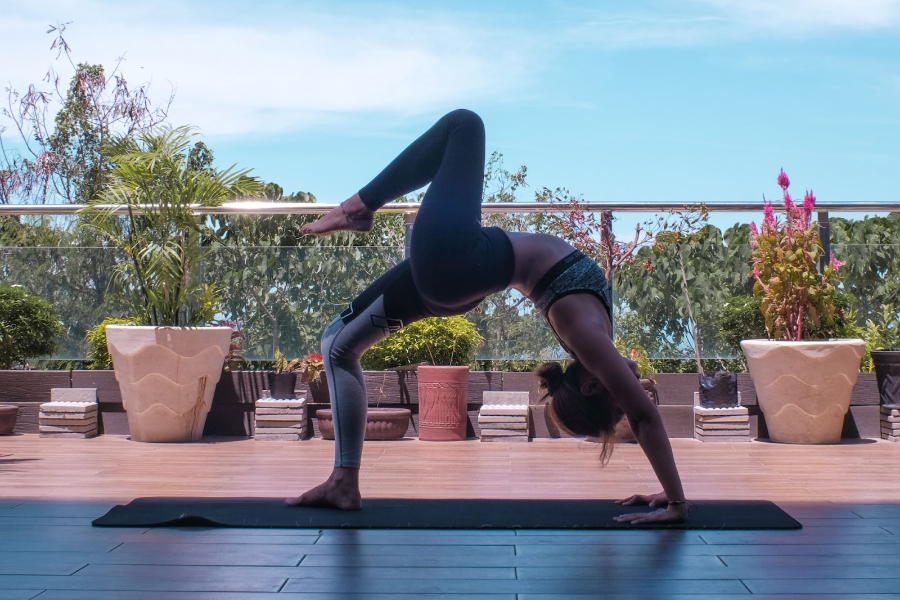
Yoga is popular worldwide, with a global market value of USD 41.05 billion in 2020. This industry is expected to grow at a CAGR of 9.6% to reach 60.42 billion by 2026. Growing popularity in the UK, US, and Canada is expected to drive the market. Additionally, increased awareness about the benefits of yoga and increased interest in lifestyle and wellness are driving up product demand.
With a market value of USD 17.32 billion, yoga mats are the most popular product among yoga practitioners. The most common material used to make mats is polyvinyl chloride (PVC), followed by rubber and, more recently, biodegradable materials. Continue reading to learn about the major trends in this industry.
The top yoga essentials
Yoga Mat
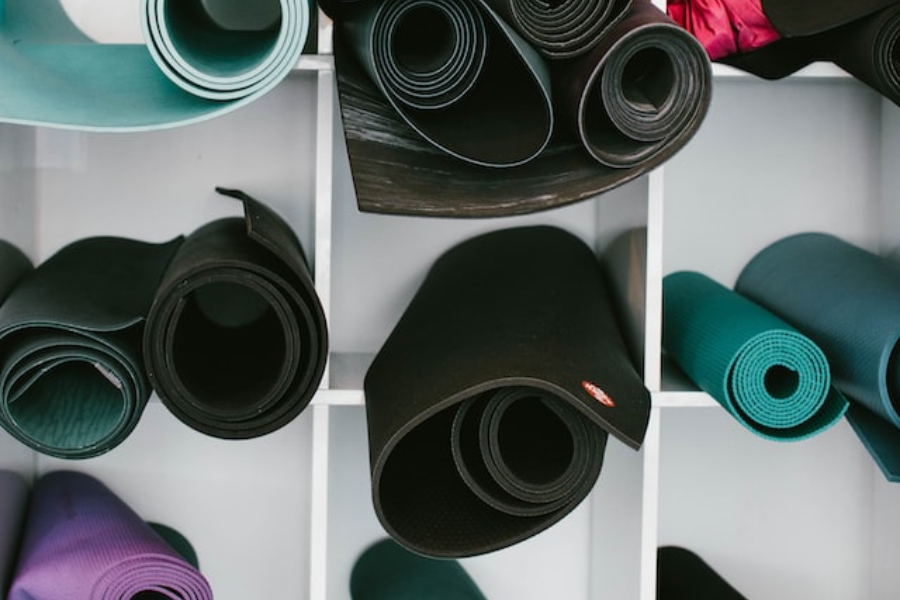
A yoga mat is helpful at home or the gym because it provides traction for the feet and hands, preventing slips, especially when things get sweaty. Also, mats offer padding on a hard floor, making working out a little more comfortable.
Mats vary in length, durability, thickness, material, traction, comfort, and even by how they are cleaned. They also differ in price, with premium models costing about $80 to $120, and cheaper models costing as little as $5. However, cheaper mats will require frequent replacement, which is not ideal for those looking to use them for an extended period.
Thickness is an important consideration; a thin mat provides stability for balance, whereas a thick mat provides cushioning from the hard ground. Most yoga mats are about 3.3 mm thick and lightweight.
Furthermore, the material used determines how long it will last and how much traction it will provide. Most are made of rubber or PVC to provide adequate grip and prevent odors. But, thermoplastic elastomers are preferable to PVC because they are more eco-friendly. Mats made from recycled materials are popular among many consumers.
Yoga Block
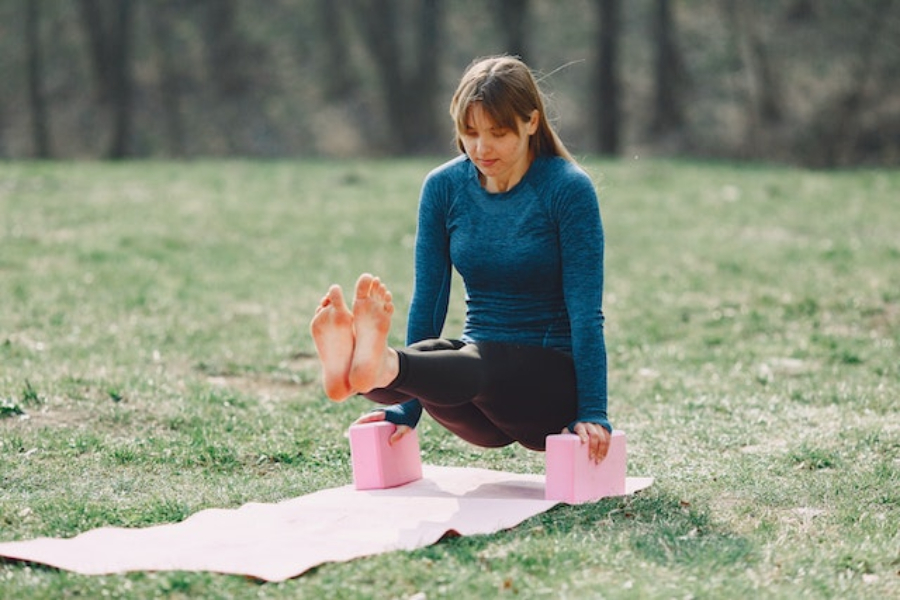
Blocks are helpful for everyone, from novice yogis to experienced practitioners. They are used in restorative postures, to improve alignment while exercising, and to make tricky poses easier. They are handy for poses that require consumers to touch the ground with their hands.
Yoga blocks are made of foam or wood and can be turned to stand at three different heights, allowing for greater flexibility. These blocks are available in various sizes, but 4-inch wide blocks provide the most stability. Furthermore, some poses may necessitate more than one block, so providing a set of two to three blocks is a good idea. Most of these blocks cost less than $10 each.
Yoga Wheel
Yoga wheels are the newest yoga props and a great tool for beginners who need extra support. Advanced yogis who want to challenge their routines also use the wheels. They are approximately 12 inches in diameter and 4 inches wide. They provide head and neck support, helping users relieve back pain, increase flexibility, and deepen their stretches. The prices of most wheels range between $40 to $60.
Yoga Bolster
Yoga practitioners can use bolsters for various things, but they are particularly useful for prenatal classes or therapeutic purposes. They make forward bending poses more comfortable and provide support beneath the knees or the back when stretching or reclining. They are commonly available in two shapes: rectangular and round. The former is more ergonomic, whereas the latter provides more support for deeper stretches. Both versions are popular among yoga enthusiasts. Prices start at $40 and come in a variety of bright designs.
Yoga Strap
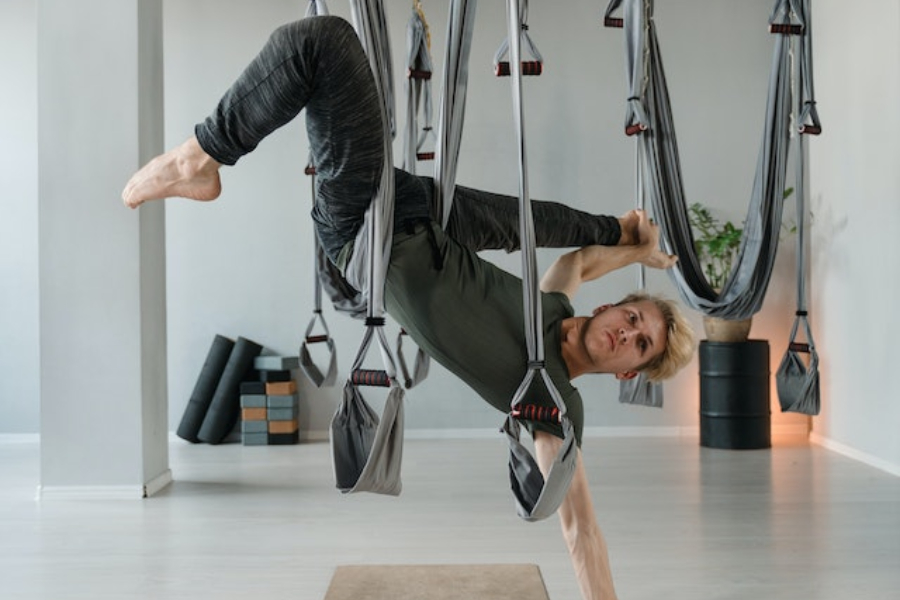
Yoga straps or belts are useful to all levels of yoga practitioners, not just the inflexible. These straps are sturdy, inexpensive, made of washable cotton and manufactured to last. They come with a belt that allows users to extend their reach while improving flexibility and alignment.
The yoga strap serves as an arm extender, particularly in seated forward bends where reaching one’s feat is difficult. These straps are useful for opening up the shoulders and providing stability during certain exercises. They are affordable, starting at $10.
Blankets
Yoga blankets are commonly used in yoga studios for extra support and cushioning during seated or lying-down poses. They are typically folded to raise the hips in certain poses or to provide support in lying down postures. Blankets can also be used for other purposes during a class, such as keeping warm on chilly days. The price of the blanket starts at around $13.
Optional yoga gear
Yoga mat cleaning spray
Yoga mats can become sticky due to constant contact with the floor, sweat, and dirt. As a result, it is important to clean it, especially if multiple people use it. The cleaning mat spray contains disinfectants, and a quick spray will keep the mat smelling fresh. Many customers prefer organic, natural, and safe ingredients that do not irritate their skin. Additionally, sprays with an aromatic scent will be a popular choice. For example, one popular brand offers a cleaning spray containing essential oils of eucalyptus and lavender to give it a fresh scent.
Yoga Towel
Individuals who practice hot yoga, Kundalini yoga, or power yoga are likely to sweat and need a towel to cover the yoga mat. This accessory will absorb sweat, preventing users from slipping and injuring themselves. A microfiber yoga towel differs from a regular bath towel; it has silicone grips on the bottom that allow it to cling to the mat. Its purpose is to increase traction and prevent bunching.
Tote for yoga mats
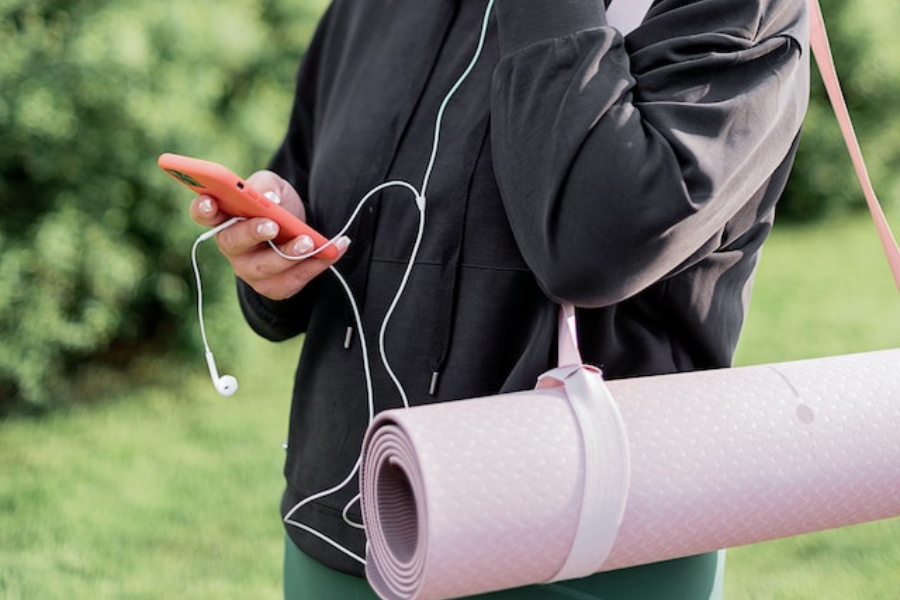
A sling or mat bag is a must-have for users who frequent the studio, park, or other outdoor recreational areas. These useful accessories make it easy for consumers to carry the mat over their shoulders without fear of it becoming unrolled. Totes have additional storage pockets for phones, wallets, and other items.
There are typically two styles: one with velcro straps that bind to the mat and the other with a zipper-closure bag that provides full coverage. Prices can range from as little as $10 to more than $100 for high-quality items.
Resistance Bands
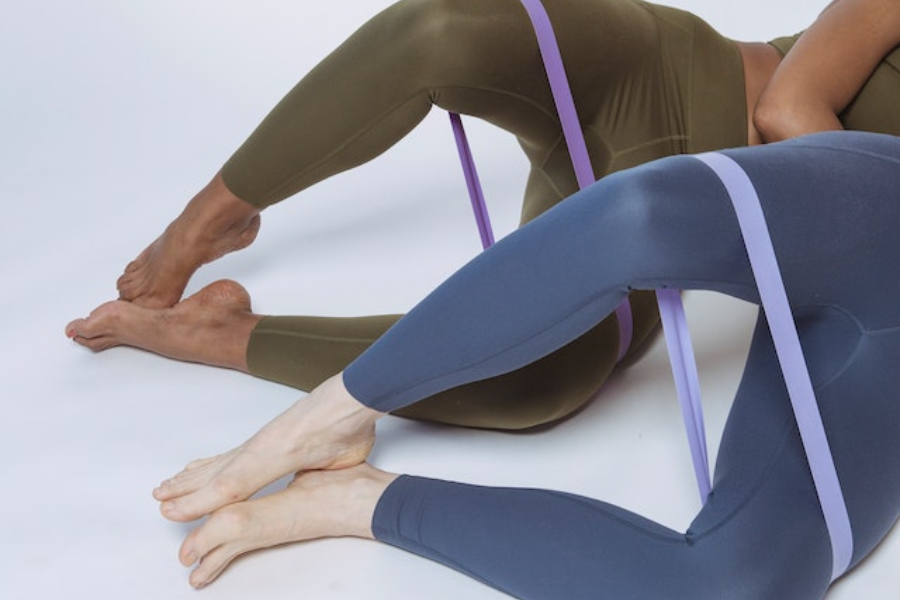
One item gaining popularity among yoga practitioners is the resistance band. This band adds an extra layer of difficulty to a workout, increasing strength and endurance. According to some studies, resistance bands provide the same gains as dumbbells while being much easier to incorporate into a yoga routine.
Yoga socks
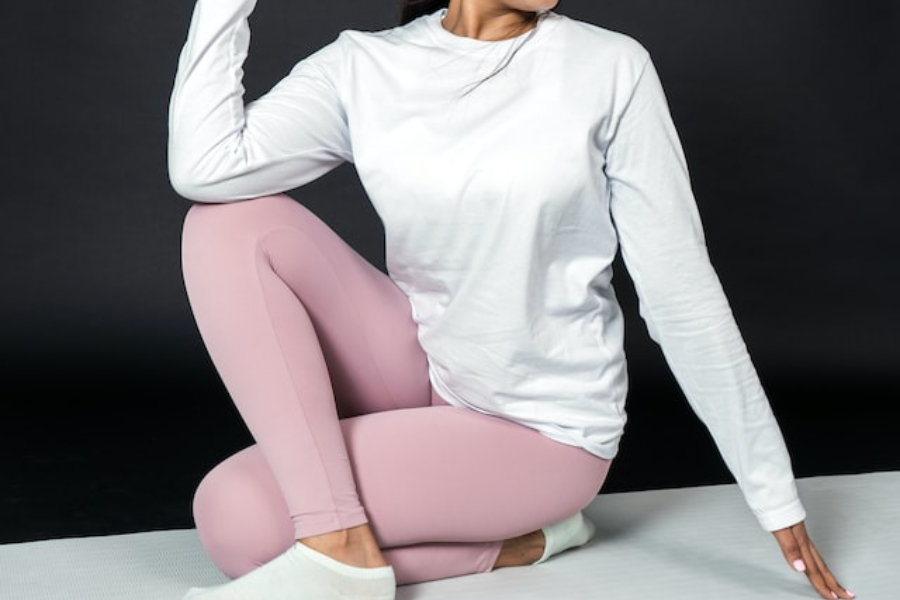
Many yoga studios have a no-shoe policy that requires participants to go barefoot, but many people are uncomfortable doing it. Hence, yoga socks are ideal because they have bottom grips that prevent slipping and sliding while keeping the feet covered. Moisture-wicking materials are the best option for this product because they absorb sweat and keep the feet dry.
Closing words
With the popularity of yoga increasing year after year, many yoga-related products are heavily advertised. This article covered everything from yoga mats to wheels, bolsters, and straps, as well as the optional accessories that make yoga a little more relaxing. Sellers can explore all the latest yoga products and start captilizing on their market potential.



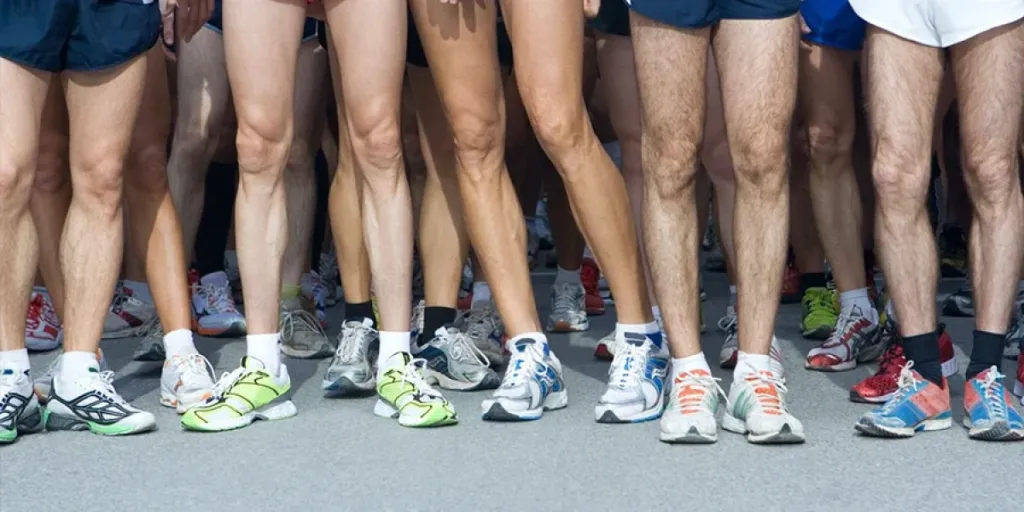
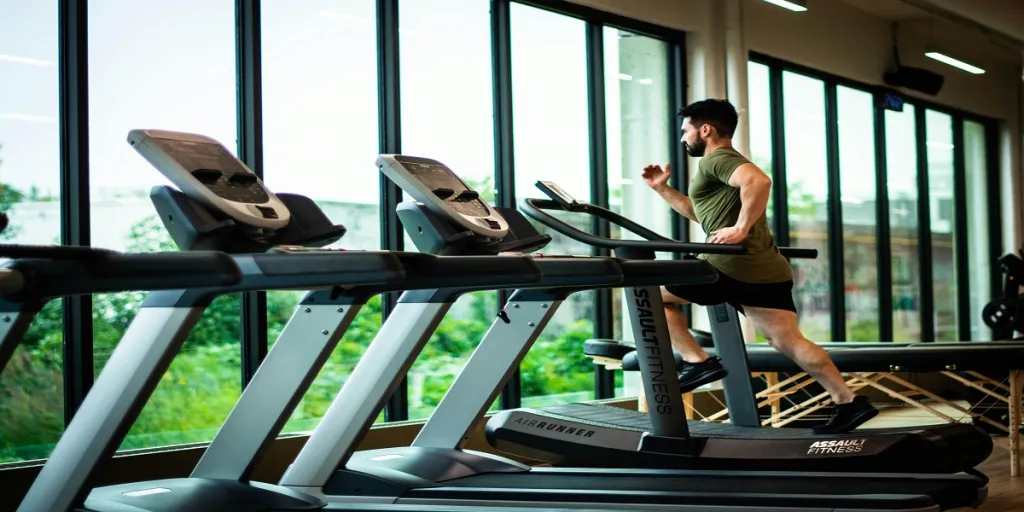
 বাংলা
বাংলা Nederlands
Nederlands English
English Français
Français Deutsch
Deutsch हिन्दी
हिन्दी Bahasa Indonesia
Bahasa Indonesia Italiano
Italiano 日本語
日本語 한국어
한국어 Bahasa Melayu
Bahasa Melayu മലയാളം
മലയാളം پښتو
پښتو فارسی
فارسی Polski
Polski Português
Português Русский
Русский Español
Español Kiswahili
Kiswahili ไทย
ไทย Türkçe
Türkçe اردو
اردو Tiếng Việt
Tiếng Việt isiXhosa
isiXhosa Zulu
Zulu